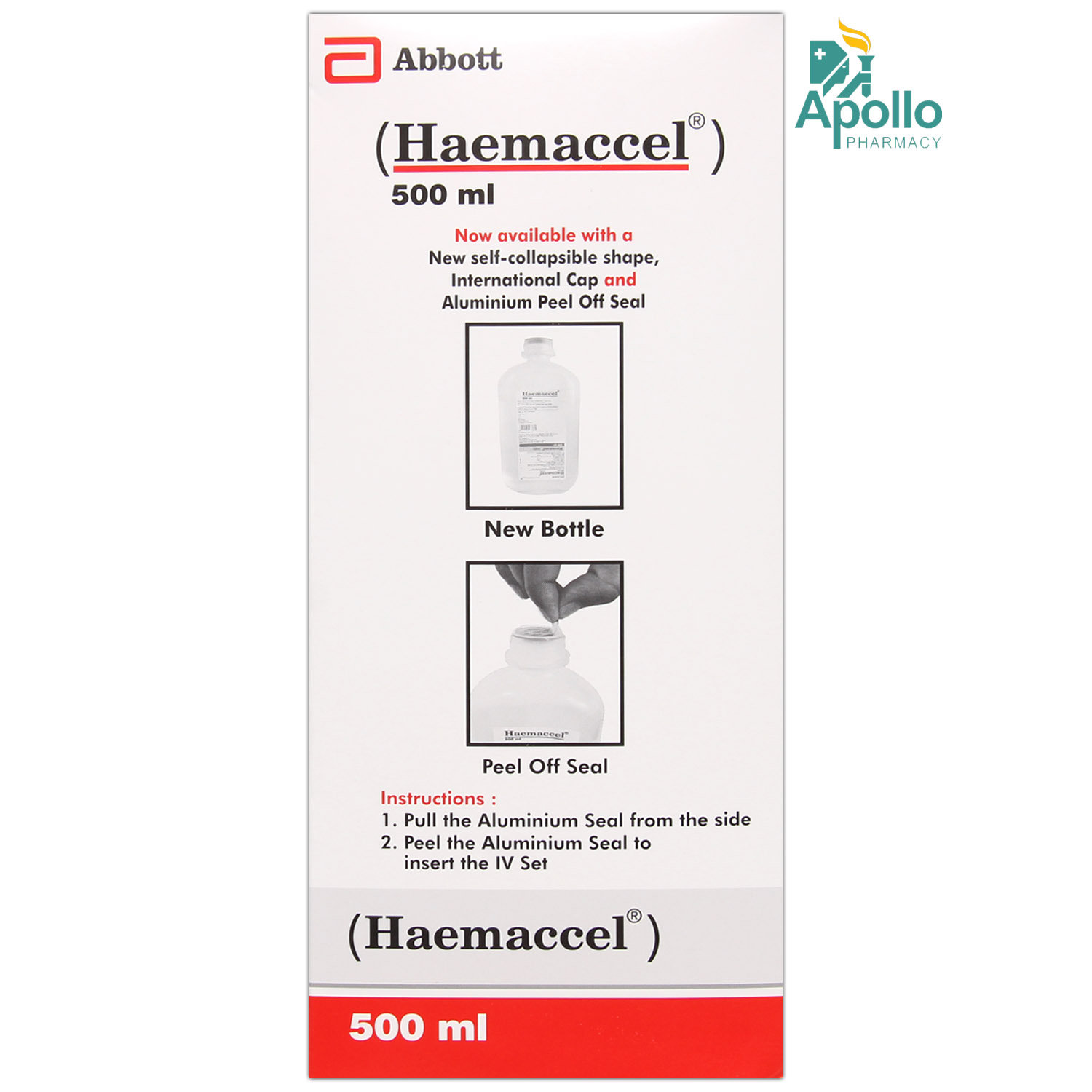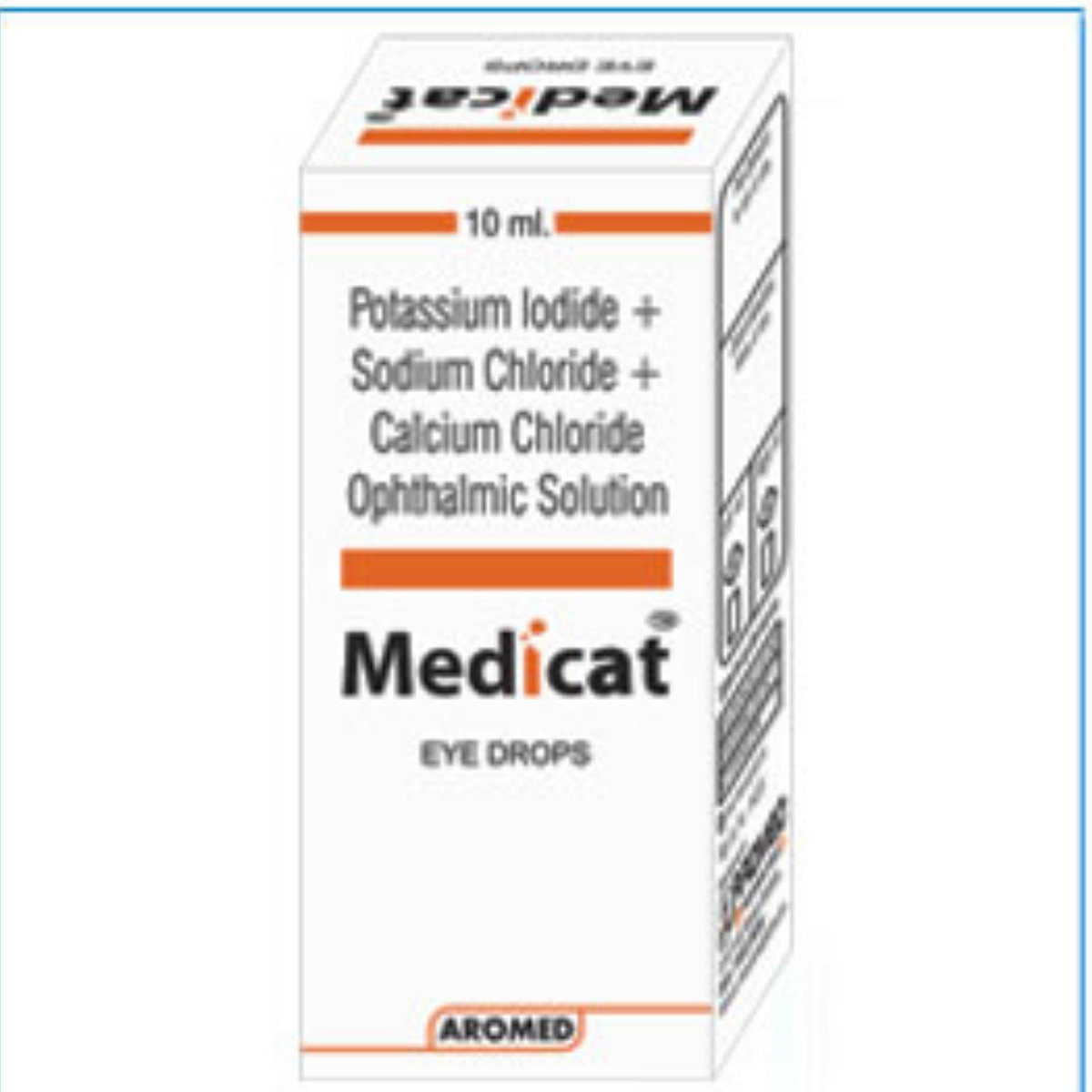Calcium Chloride
About Calcium Chloride
Calcium Chloride is a mineral salt. It is used to treat the body's calcium deficiency (hypocalcemia), thereby reducing the risk of calcium disorders due to low calcium levels in the body. It is indicated for immediate treatment of hypocalcemic tetany (abnormally low calcium levels in the body that cause muscle spasms). Calcium Chloride is also used as part of the resuscitation procedure (CPR) following a cardiac arrest, arrhythmias, calcium channel blocker overdose, and beta-blocker overdose.
Calcium Chloride contains Calcium Chloride, which is administered to increase Calcium's blood levels in the body, thereby reducing the risk of calcium disorders due to lack of Calcium in the body.
Calcium Chloride is administered by a healthcare professional. Do not self-administer this medicine on your own. The course of the treatment should be completed as per the doctor's advice. Sometimes, you may experience hot flushes, lowered blood pressure, loss of appetite, feeling sick (nausea), being sick (vomiting), constipation, stomach pain, weakness, and extreme thirst. Most of these side effects of Calcium Chloride do not require medical attention and gradually resolve over time. However, if the side effects persist or worsen, please consult your doctor.
Inform your doctor if you are allergic to Calcium Chloride or other medicines/foods. If you are pregnant or breastfeeding, think you may be pregnant, or plan to have a baby, ask your doctor or pharmacist for advice before using this medicine. Calcium Chloride is not recommended for children as safety and effectiveness were not established. Talk to your doctor before being given calcium chloride intravenous infusion if to have lung problems or difficulty breathing.
Uses of Calcium Chloride
Medicinal Benefits
Calcium Chloride contains Calcium Chloride, which is administered to increase blood calcium levels in the body. It is used to treat the body's calcium deficiency (hypocalcemia), thereby reducing the risk of calcium disorders due to low calcium levels. It is indicated for immediate treatment of hypocalcemic tetany (abnormally low calcium levels in the body that cause muscle spasms). Calcium Chloride is also used as part of the resuscitation procedure (CPR) following a cardiac arrest, arrhythmias, calcium channel blocker overdose, and beta-blocker overdose.
Directions for Use
Storage
Side Effects of Calcium Chloride
- A chalky taste in the mouth
- Hot flushes
- Lowered blood pressure
- Loss of appetite
- Feeling sick (nausea)
- Being sick (vomiting)
- Constipation
- Stomach pain
- Feeling weak
- Mental disturbances
- Extreme thirst
- Passing a large amount of urine
- Bone pain
- Calcium deposits in the kidney
- Kidney stones
- Irregular heartbeat
- A blood clot in the vein
- High blood pressure
Drug Warnings
If you are allergic to Calcium Chloride or other medicines, inform your doctor. If you are pregnant or breastfeeding, think you may be pregnant, or plan to have a baby, ask your doctor or pharmacist for advice before using this medicine. Calcium Chloride is not recommended for children as safety and effectiveness were not established. Talk to your doctor before being given Calcium Chloride Intravenous Infusion if you have lung problems or difficulty breathing.
Drug Interactions
Drug-Drug Interactions: Calcium Chloride may interact with medicines used in the treatment of some bone disorders, such as Fosamax, medicines used to treat bacterial infections (antibiotics) such as tetracycline, medicines used to reduce blood pressure and fluid retention (thiazides) such as indapamide, medicines used to treat heart problems such as digitoxin, calcium channel blockers used to treat problems related to the heart or blood vessels such as high blood pressure, angina or Raynaud‘s disease.
Drug-Food Interactions: Avoid the consumption of alcohol while taking Calcium Chloride.
Drug-Disease Interactions: Inform your doctor if you have Renal Dysfunction, Pulmonary Impairment, Acidosis (a condition in which there is too much acid in the body fluids), Phosphate Imbalance, Arrhythmias (irregular heartbeat), Sarcoidosis (a disease characterized by the growth of tiny collections of inflammatory cells (granulomas) in any part of your body).
Drug-Drug Interactions Checker List:
Safety Advice

Alcohol
cautionYou are recommended not to consume alcohol along with Calcium Chloride to avoid unpleasant side effects.

Pregnancy
cautionCalcium Chloride should not be used when pregnancy unless clearly necessary. So, inform your doctor if you are pregnant or suspect pregnancy. Your doctor will weigh the benefits and potential risks before recommending Calcium Chloride.

Breast Feeding
cautionCalcium Chloride should not be used in nursing mothers unless clearly necessary. So, inform your doctor if you are a nursing mother. Your doctor will weigh the benefits and potential risks before recommending Calcium Chloride.

Driving
not applicableThere is no known effect of Calcium Chloride on driving or using machines.

Liver
consult your doctorInform your doctor before receiving the Calcium Chloride if you have a liver impairment/disorder history.

Kidney
consult your doctorInform your doctor before receiving the Calcium Chloride if you have a kidney impairment/disorder history.

Children
unsafeCalcium Chloride is not recommended for children below 12 years of age without the doctor's recommendation.
Habit Forming
Diet & Lifestyle Advise
- Maintain a healthy weight by performing regular low-strain exercises and eating healthy food.
- Get adequate sleep, as resting the muscles can help reduce inflammation and swelling.
- Eat food rich in antioxidants such as berries, spinach, kidney beans, dark chocolate, etc.
- Avoid smoking and alcohol consumption.
- De-stress yourself by meditating, reading books, taking a warm bubble bath or listening to soothing music.
- Performing yoga may also help in improving health.
Special Advise
- Your doctor may check the amount of electrolytes (e.g. calcium) in your blood at regular intervals.
Patients Concern
Disease/Condition Glossary
Resuscitation Procedure (CPR): Cardiopulmonary resuscitation (CPR) is an emergency procedure that combines chest compressions with artificial ventilation to manually preserve intact brain function until further measures are taken to restore spontaneous blood circulation and to breathe in a person who is in cardiac arrest.
Hypocalcemic tetany: Abnormally low calcium levels in the body that cause muscle spasms.
FAQs
Calcium Chloride contains Calcium Chloride, which is administered to increase blood calcium levels in the body, reducing the risk of calcium disorders due to low calcium levels in the body, such as muscle spasms.
Your doctor or nurse will administer the injection slowly through a vein (intravenous). Do not self-administer this medicine.
Calcium Chloride is a mineral salt administered to increase blood calcium levels in the body and get the heart working where potassium levels are too high.
Cardiopulmonary resuscitation (CPR) is an emergency procedure that combines chest compressions with artificial ventilation to manually preserve intact brain function until further measures are taken to restore spontaneous blood circulation and breathing in a person in cardiac arrest.
Tetany can be the result of an electrolyte imbalance. Low levels of calcium can cause hypocalcemia Tetany.










